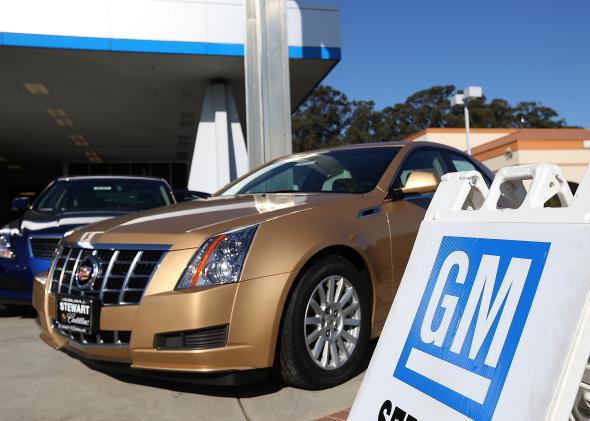Buying a car is supposed to be a satisfying feeling. You’ve paid for the thing, and now you can do what you want with it. Right? If only it were so simple.
General Motors and John Deere are both claiming in hearings with the U.S. Copyright Office that even when someone buys a car, the software that coordinates how everything moves is customized and subject to copyright protection. Their argument is that since the vehicles can’t run without this special software, customers are subject to an “implied license.”
In a hearing about the Digital Millennium Copyright Act on Tuesday, GM attorney Harry Lightsey told the copyright office that, “It is [GM’s] position [that] the software in the vehicle is licensed by the owner of the vehicle.”
John Deere explains it this way:
In the absence of an express written license in conjunction with the purchase of the vehicle, the vehicle owner receives an implied license for the life of the vehicle to operate the vehicle, subject to any warranty limitations, disclaimers or other contractual limitation in the sales contract or documentation.
The big battle here is over who should be able to access the electronic control units that turn software commands into physical actions for things like steering and braking. Not only does access provide people a window into a car company’s proprietary code, it also allows independent mechanics and hobbyists to fix the cars. The copyright office is weighing an exemption that would allow these third parties to continue repairing cars. But GM and other car companies are going to great lengths to defeat the exemption.
Proponents of it, like the Electronic Frontier Foundation, argue that restricting access could stifle competition and impede innovation. In Wired, Kyle Wiens argues that vehicle manufacturers could undermine the basic concept of ownership. But there are also safety concerns about letting anyone access and modify car code. People who don’t know what they’re doing—or even just make mistakes—could make a car dangerous to drive without realizing it. And if a car were sold used, it would be difficult for the new owner to detect any software changes.
Jacqueline Charlesworth, general counsel for the U.S. Copyright Office, told AutoBlog, “That’s a troubling prospect that in an ordinary used-car transaction you have to be worried about whether there’s been a software modification.”
The copyright office will hold a second hearing on the subject next week and plans to make a determination in July. Car software really is the ghost in the machine.
